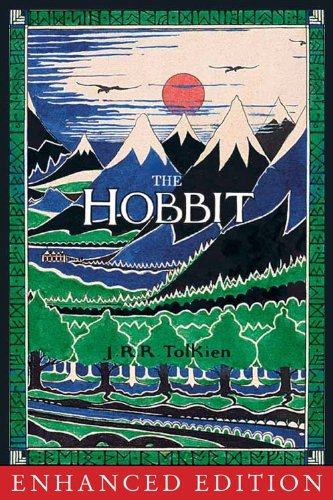In today’s Publetariat Dispatch, the Online Colleges site shares the latest trends in ebooks.
This post originally appeared on the Online Colleges site and is reprinted here in its entirety with that site’s permission.
No matter one’s opinion of ebooks and ebook readers, it’s highly doubtful they’re going to just up and disappear anytime soon. Since they’ve already started infiltrating bookstores, libraries and schools, now makes for a great opportunity to start evolving and better meeting various consumer needs. Exactly how this comes about remains to be seen, obviously, but gadget gurus and digital enthusiasts certainly have some interesting ideas about what ebook trends might start cropping up soon.
1. Bundles
Whether packaging a print edition along with the ebook, blending digital versions of an author’s entire oeuvre or organizing reads thematically, many ebook enthusiasts think bundles will inspire quite the popularity surge. The added incentives might very well sway individuals and institutions unsure about whether or not they want to embrace the admittedly expensive technology.
2. Social reading sessions
Online book clubs are actually quite common these days, but ebooks have yet to really seize upon their potential. Beyond offering up discussion questions, readers themselves could include ways for members to communicate with one another via audio or video, or promote even better integration with some of the technologies and organizations already available.
3. Greater interactivity
Ebook users don’t have to set up a book club to enjoy a greatly enhanced reading experience! The digital format allows a far higher degree of interactivity than the traditional paperback, and the potential is limited only by an author’s or programmer’s imagination. Books aimed at young children might especially benefit from this trend — think of how the audience might respond to animations of their favorite illustrations!
4. Authors go straight to ebook publishers
Rather than waiting on their publishing houses to transfer their works over to ebook format, more and more authors are bypassing the traditional system altogether and submitting straight to the producers themselves. And for those looking into self-publishing, pursuing such opportunities may very well mean the difference between floundering in obscurity and hitting the ebook bestseller list.
5. Monetized content
Not everyone will necessarily dig embedded ads in their ebooks, even unobtrusive ones, but that doesn’t mean publishers and companies won’t try to cash in on the technology. All the same, though, monetized content doesn’t have to mean staring down “CLICK HERE!” in the middle of Cat’s Cradle. It could be anything from downloadable content — along the lines of many video games — to subscription services.
6. Different formats for different genres
As ebook readers gain popularity and become more sophisticated, it may come to pass that different genres might end up housed in different technologies. The computerized equivalent of hardcovers versus softcovers, in other words. Kindles and Nooks are excellent for converted novels and nonfiction, but prove a bit too small for textbooks. Larger, more specialized devices could easily come about in order to house “heavier” content.
7. More indie epublishers
With plenty of authors heading straight for ebook publishers and bypassing the usual mainstream channels, now’s an incredible time to be (or even launch) an independent “label.” So many talented individuals have excellent stories to tell and research to share, tech-savvy entrepreneurs and editors probably won’t have a difficult time finding viable content. Because if this, it makes perfect sense that more and more digital publishing — and even self-publishing — houses will start springing up.
8. A greater decline in traditional bookstores
Even those without a business degree see Borders’ recent bankruptcy and closing as the death knell for traditional bookstores. Although it may be a bit premature to declare such a thing, the format certainly needs to adapt and change if it hopes to survive. So while the familiar setup might not “die” like Borders, over time it’s going to start looking a lot different. Barnes and Noble, for example, released the Nook in order to compete with the evolving market. As ebooks continue climbing, it and other book carries will have to find new ways to pick up the slack.
9. Increased royalties from ebook sales
Since ebooks are becoming more profitable, authors (not to mention their agents!) will probably want to see more royalties coming in from their availability. Understandably so! If publishers wish to retain their talent — not to mention attract some awesome new names — they’ll have to start paying up for more than just the bound books.
10. Free ereaders?!
It probably sounds insane right now, but the declining cost of ebook readers mean more can be handed out for promotional purposes. Book clubs, publishers and other businesses or organizations might charge consumers a membership or subscription fee, providing the device completely gratis. No different than cell providers receiving money in exchange for air time and comping the phone as an added incentive to sign up, really.














